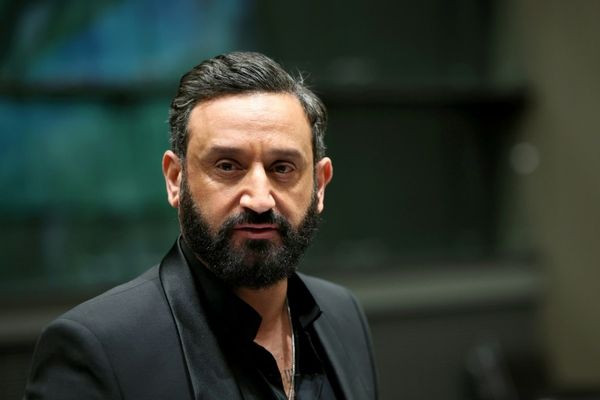
“India has a vibrant press and media ecosystem and does not need validation from foreign organisations,” Union Minister of State for Information and Broadcasting L Murugan told the Lok Sabha on Wednesday.
The minister was responding to Congress MP K Sudhakaran’s question on India’s decline in the Global Press Freedom Index 2024, published annually by Reporters Without Borders.
This is not the first time that India’s poor press freedom ranking was up for discussion in the Parliament. In July last year, the Narendra Modi government, while responding to a similar question, said that it’s committed to ensure the right to free speech and that the country has a robust press, reflected in the rise in the number of registered periodicals and private TV channels in the last 10 years.
Similarly, in July 2022, Information and Broadcasting Minister Anurag Thakur rejected India’s 2022 ranking (150) in the index, calling the methodology “questionable” and “non-transparent”. The Modi government, in 2024, approached a major Indian think tank to develop a homegrown democracy ratings index.
India ranked 159 among 180 countries in the 2024 edition of the Press Freedom Index. It’s behind Turkey, Pakistan and Sri Lanka, which are ranked at positions 158, 152, and 150, respectively.
When questioned about the steps taken by the government to safeguard press freedom and journalists’ rights, Murugan said freedom of speech and expression is protected under Article 19 of the Constitution. He said India’s robust judicial system ensures the enforcement of constitutional provisions.
The minister stated that the Press Council of India, an autonomous statutory body established under the Press Council Act, 1978, and chaired by a retired Supreme Court judge, addresses complaints from journalists regarding restrictions on press freedom, physical assaults, and attacks on media professionals.
Additionally, under Section 13 of the Press Council Act, 1978, the PCI has the authority to take suo motu cognisance of urgent matters concerning press freedom and the maintenance of journalistic standards, he added.
Likewise, Murugan mentioned that press freedom in electronic media is upheld through a self-regulatory mechanism under the Cable Television Networks (Regulation) Act, 1995.
Small teams can do great things. All it takes is a subscription. Subscribe now and power Newslaundry’s work.
Newslaundry is a reader-supported, ad-free, independent news outlet based out of New Delhi. Support their journalism, here.







